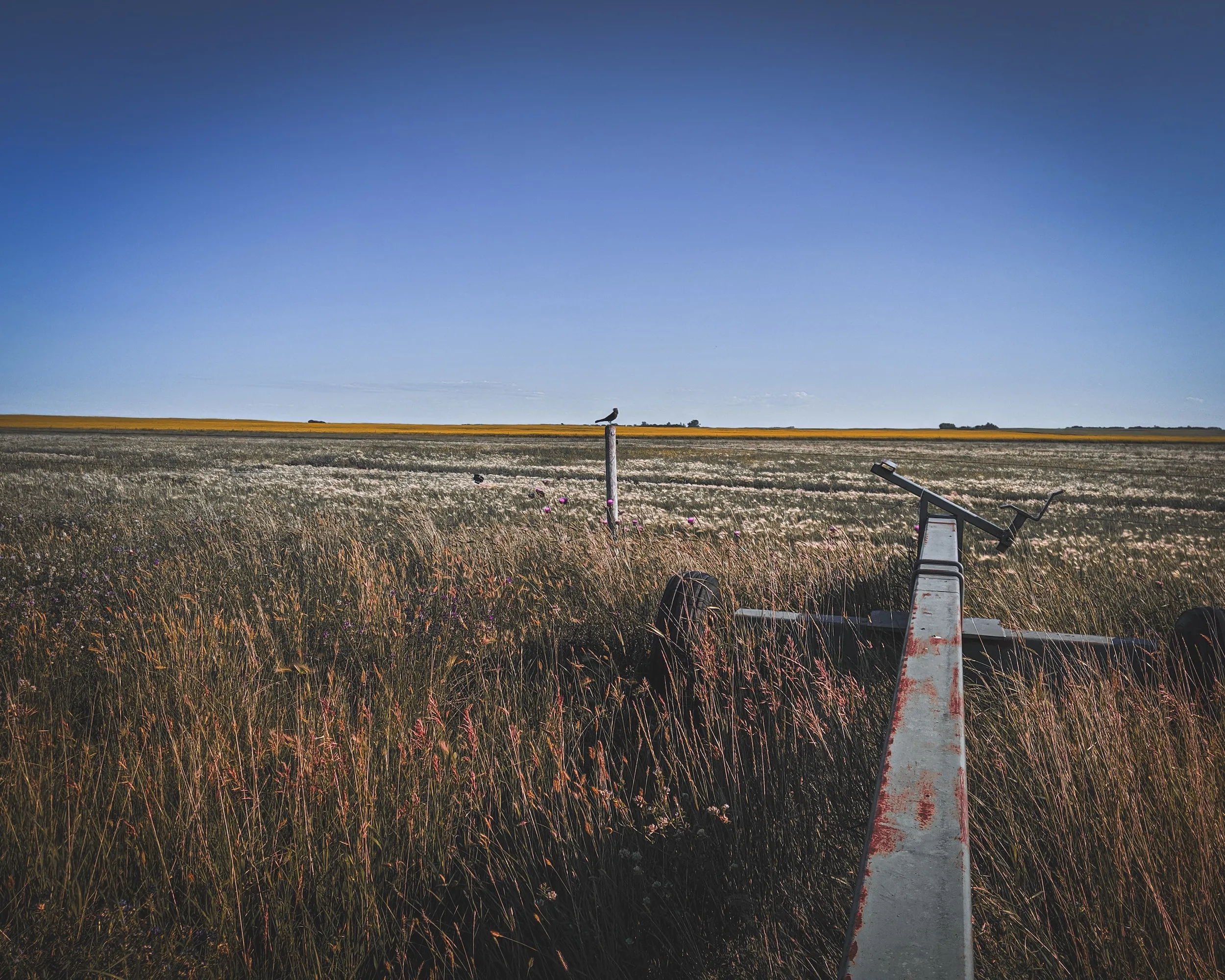As the Kindersley project shows a positive preliminary economic assessment, grounded lithium soars.
Grounded Lithium (TSXV: GRD; US-OTC: GRDAF) saw a rise in its stock price after releasing a promising preliminary economic assessment (PEA) for its Kindersley lithium project in western Saskatchewan. The PEA estimates an initial capital intensity of US$30,500 per tonne of lithium hydroxide monohydrate (LHM).
The Kindersley Lithium Project (KLP) is expected to have all-in operating costs of US$3,899 per tonne of LHM, leading to an annual operating expenditure of US$42.9 million.
For phase one, the project is projected to yield an after-tax internal rate of return (IRR) of 48.5% and an after-tax net present value (NPV) of US$1 billion, using an 8% discount rate. The required upfront capital investment is US$335 million, with an estimated payback period of 3.7 years.
The PEA assumes an annual production rate of 11,000 tonnes of LHM, based on a market price of US$25,000 per tonne.
Grounded Lithium emphasized that the project’s economics compare well to other North American brine-based lithium ventures producing battery-grade LHM. Additionally, the company sees potential for future expansion.
CEO Gregg Smith expressed confidence in the phase one results, citing both capital and operating cost perspectives. He noted that the favorable PEA findings set the stage for key next steps, including completing a field pilot using Koch Technologies Solutions’ extraction process and conducting field activities to enhance resource certainty for a pre-feasibility study.
The first phase of the KLP will develop 24 out of the company’s 300 lithium rights sections, with the remainder available for future expansion.
By mid-day in Toronto, Grounded Lithium’s shares had risen nearly 7% to 16¢, giving the company a market value of $11.1 million. Over the past year, the stock has traded between 13¢ and 50¢.
Recent Posts

Google’s developments in AI. Greetings from the Gemini Era

The UAE Introduces a New AI System to Take on Big Tech Companies

Jeep Unveils North America’s First EV


Apple Keeps Advancing in Financial Products


